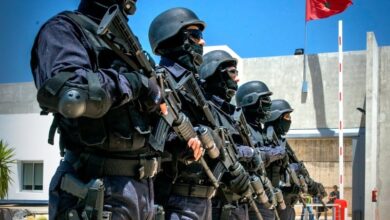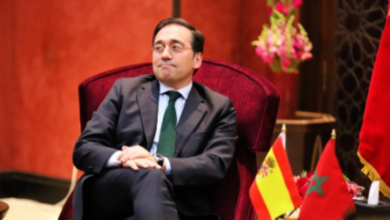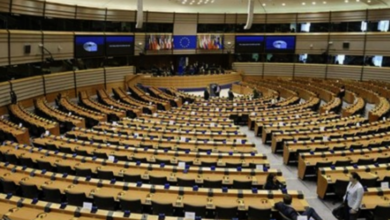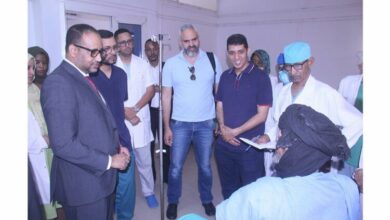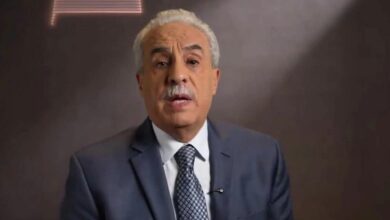The Axis of Evil: How Iran and Algeria Are Using the Polisario to Destabilize the Region and Spread Malicious Propaganda in Europe
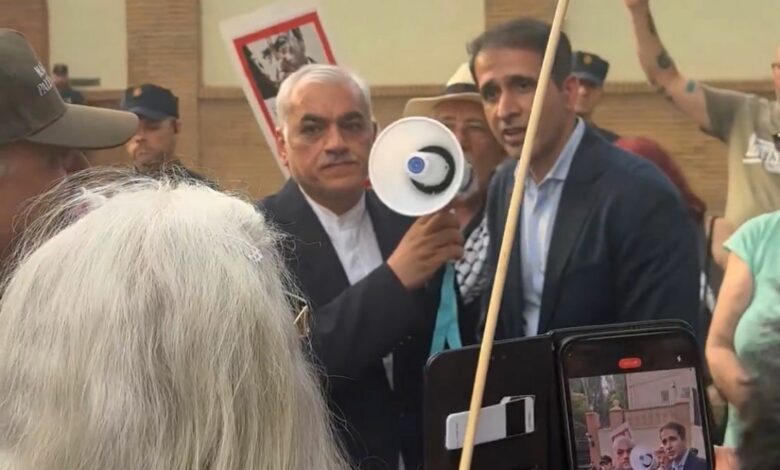
By: ALDAR
In a dangerous development revealing new dimensions of a covert alliance between Iran, Algeria, and the Polisario Front, the latter two orchestrated a demonstration outside the Iranian embassy in Madrid to declare their support for Iran in its war against Israel.
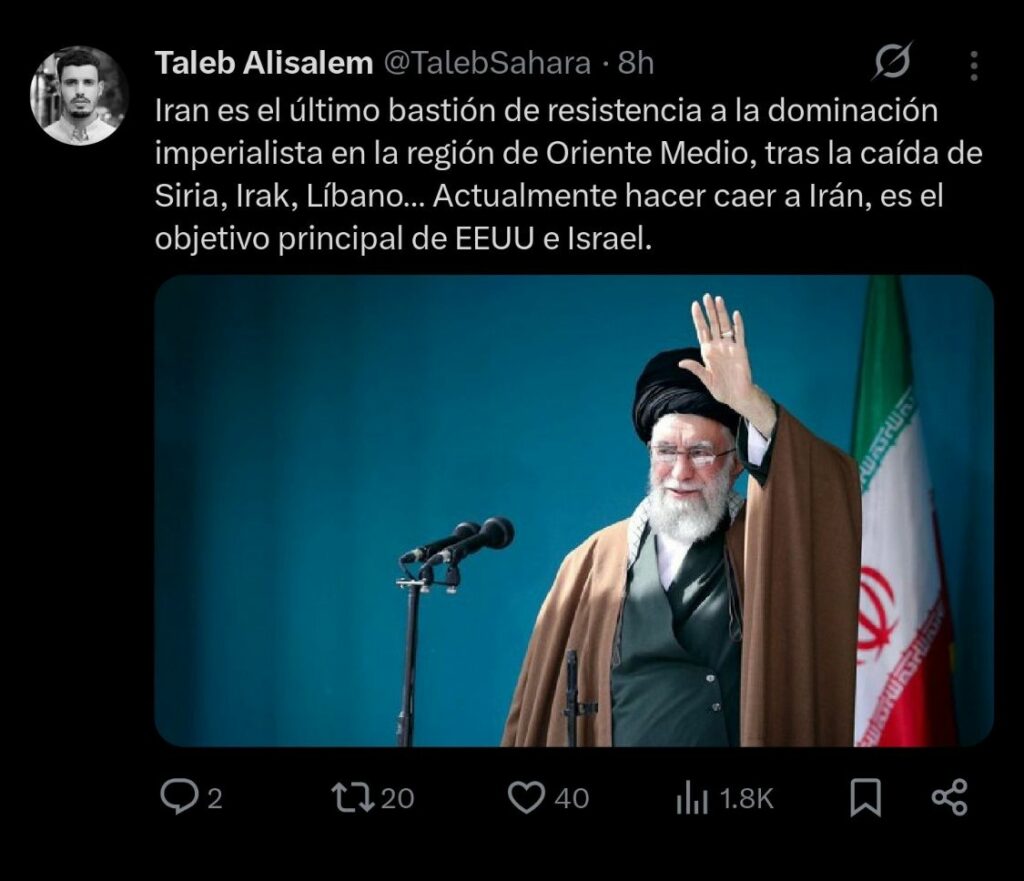

A known Polisario supporter and close associate of Iranian circles posted on X (formerly Twitter) that during the protest, the Iranian ambassador to Spain expressed his “hope that Western Sahara becomes free and independent.” This statement constitutes a blatant interference in a regional dispute that the United Nations insists should be resolved through a realistic political settlement.
What is striking is not only Iran’s stance but also the timing of this alliance, which comes amid rising tensions between Iran and Israel. Once again, Tehran showcases its ability to weaponize separatist movements as destabilizing tools in its geopolitical confrontations. According to credible intelligence reports from Western sources, Iran has already trained Polisario militia members and supplied them with weapons and logistical support, in exchange for field services and strategic collaboration in certain parts of the Sahel and Sahara. This explains the Polisario’s increasing involvement in transnational grey networks.
The common denominator between Iran and Algeria is their use of the Polisario as a proxy to conduct regional and international conflicts without bearing the cost of direct confrontation. Algeria — which has politically and militarily supported the Polisario for decades — continues to portray itself as a “humanitarian sponsor” while secretly operating a comprehensive support network for the group. This support ranges from funding to propaganda aimed at far-left political circles in Europe, particularly in Spain.
In this context, the name of Ali Taleb Salem, one of the Polisario’s top propaganda agents in Europe, emerges as a crucial link between Iranian and Algerian agendas on the continent. According to multiple sources, he plays a key role in crafting and spreading a narrative promoting so-called “Saharan liberation,” targeting radical leftist platforms in Spain — circles with a long history of ideological sympathy for anti-Western and anti-Moroccan rhetoric.
By training and arming Polisario militias, Iran is attempting to replicate its “Hezbollah model” in North Africa, building a transnational militant network that can be deployed against Western and regional interests, or used to distract from its own mounting domestic crises. This strategy is not new — it is the same playbook Iran has implemented in Lebanon, Syria, Yemen, and Iraq, turning each into battlegrounds for proxy wars at the expense of regional stability.
In Europe, Tehran is also using the Polisario to establish new footholds within anti-liberal, anti-globalist movements. Cloaked in slogans like “the right of peoples to self-determination,” Iran seeks to mislead public opinion and whitewash its image — despite its well-documented oppression of minorities within its own borders.
For Algeria, the alliance with Iran on the Sahara issue serves dual purposes: providing military and technical support to the Polisario on one hand, while maintaining an official “neutral” stance on the other. This allows Algiers to engage in what is known as “plausible deniability,” dodging direct responsibility while pulling the strings behind the scenes. Such a model presents a moral and legal dilemma for the international community, as Algeria continues to violate international law through proxies — without facing sufficient pressure or sanctions.
Amid these escalating threats, Morocco finds itself compelled to defend its national security, not only against a local separatist project but also against a broader regional alliance invested in destabilizing North Africa. It is imperative that major powers and international institutions — especially the European Union — take decisive action to stop this Iranian-Algerian infiltration via armed proxies disguised in deceitful slogans.
The international silence — particularly from Europe — in the face of this malicious axis only encourages further recklessness. How can Europe, which suffers most from terrorism, illegal migration, and insecurity in the Sahel, tolerate this level of subversion on its soil under the pretense of “freedom of expression”?
It is time for the global community to face reality: the Polisario is no longer a local separatist movement — it is a tool in a larger subversive strategy driven by the Iran–Algeria axis, threatening regional and Mediterranean stability alike.

